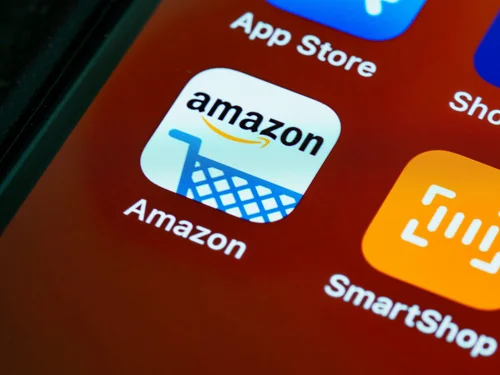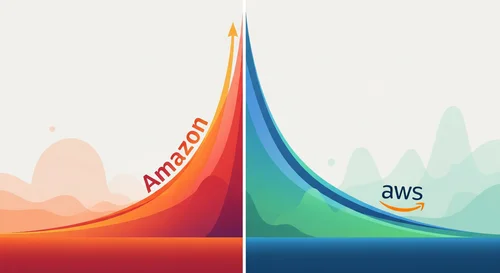Loop Returns Offset Feature Excellent Timing for the Age of Efficiency
To help merchants claw back some of the costs of not only returns processing, but also its own software, Loop has introduced an Offset feature which charges a small fee up-front for a purchase in order to have a free return later.
For the consumer, it's like a call option on a free return. Given that even on Amazon many consumers have now become accustomed to paying for returns (Loop reports ~60% of its merchants charge returns fees) this is not just a junk fee - it's a hard business cost that must come from somewhere.
Speaking of fees, it's hard not to mention the broader economic trend of increasing fees for consumers not just in tips (which are requested everywhere - for what reason?) and the fact that in many restaurants post-COVID new "quality of life" fees have been instituted - which one hopes benefits the restauarant employees.
Regardless, Offset feels different to me. A few thoughts on the program:
* With vendor consolidation and trading down in the software market becoming more prevalent, software that not provides a premium service and also pays for itself is doubly appreciated. By any metric I've seen, Loop is the leader in the returns market by a wide margin. For them to innovate on their core business model like this shows a degree of comfort with experimentation risk that is not common in the software world.
I've often wondered why services like Shop Pay or Paypal did not pay their own merchants back in some way for building their consumer networks. One can dream, right?
* Consumer fees in checkout are also common in the cross-border space. Having spent some time at Borderfree, it was common to charge currency conversion, duty drawback or parcel protection fees for the convenience of cross-border transactions. The model was widely copied in the cross-border market beyond this.
* Like all software settings, uptake of the Offset service likely depends a lot on the "default" nature of the fee. Loop reports 80% uptake of the feature. I can't imagine that would occur if it were not the default.
The delta between someone's return rate + shipping and the "breakage" of those who adopt Offset but never use it can then be used to fund the returns software itself as well as defray returns shipping costs for the buyer.
Anyone online knows the friction that can come with a returns experience -- a smaller fee up front preventing a larger fee later I do believe can be a win for both sides - consumer and merchant.
In my mind, Offset has some hints of a parcel protection program, without the sliminess that can come with the feeling of insurance programs. Especially since consumers are under no illusion any longer that returns are free forever.
The value is real, and so are the discounts.









